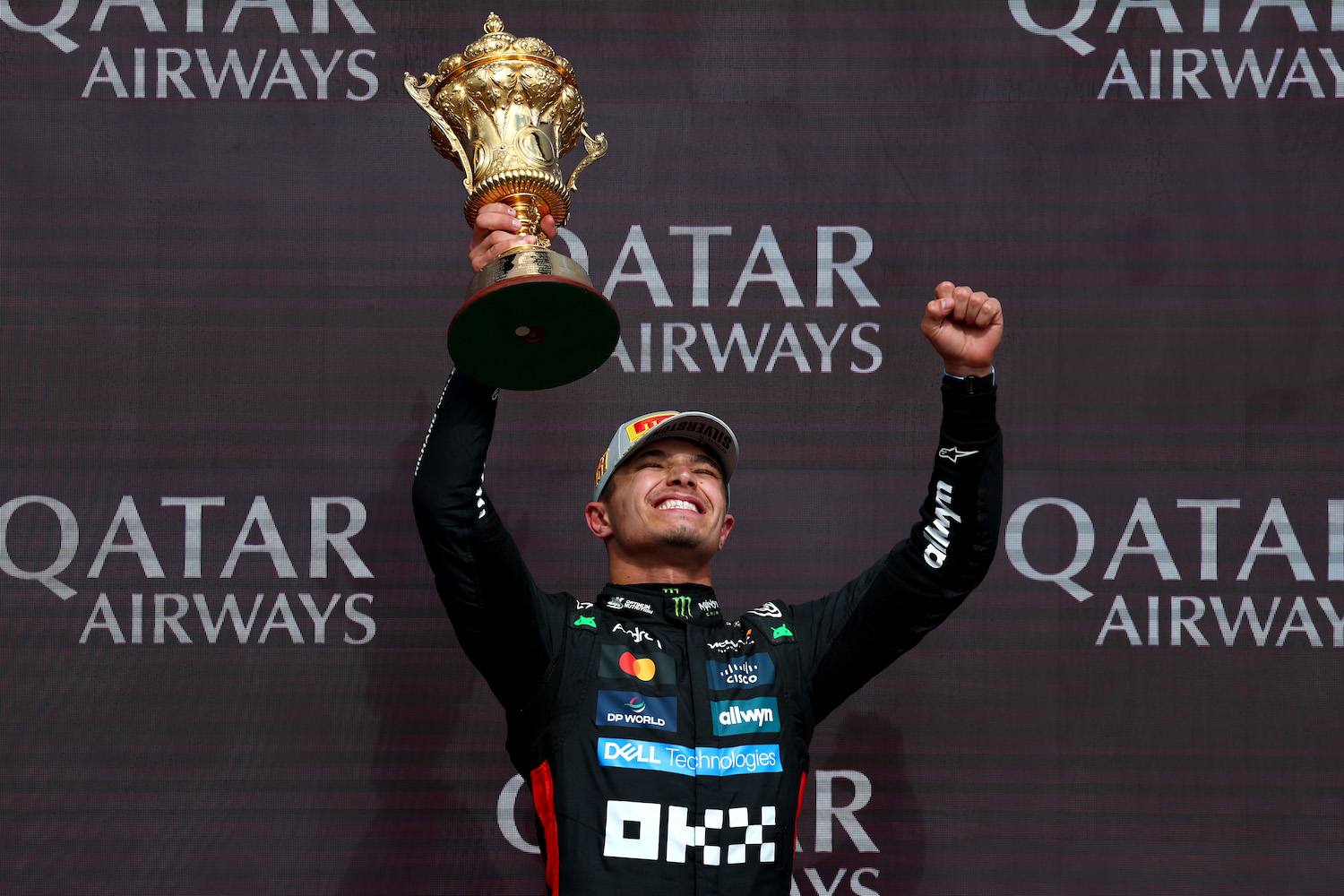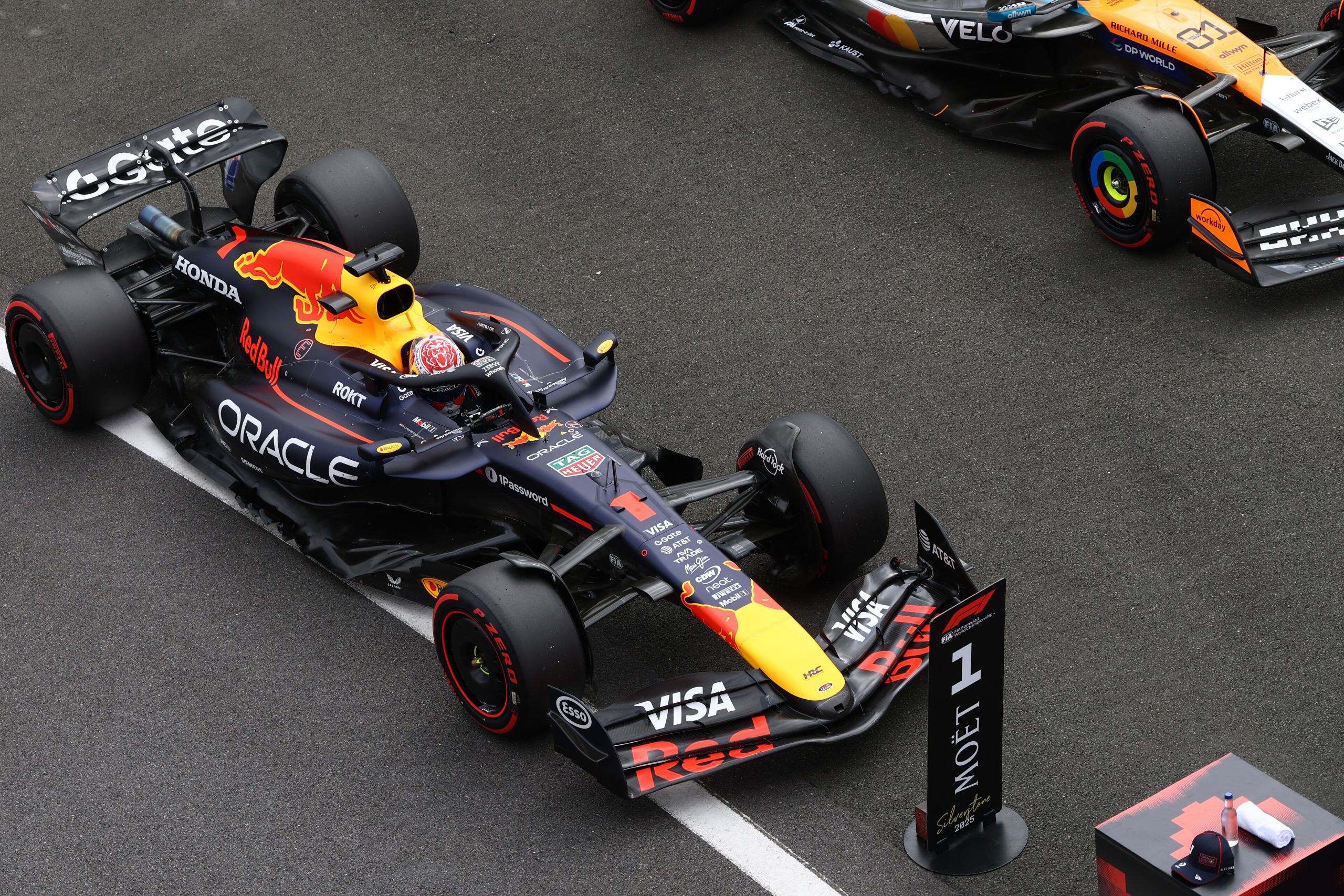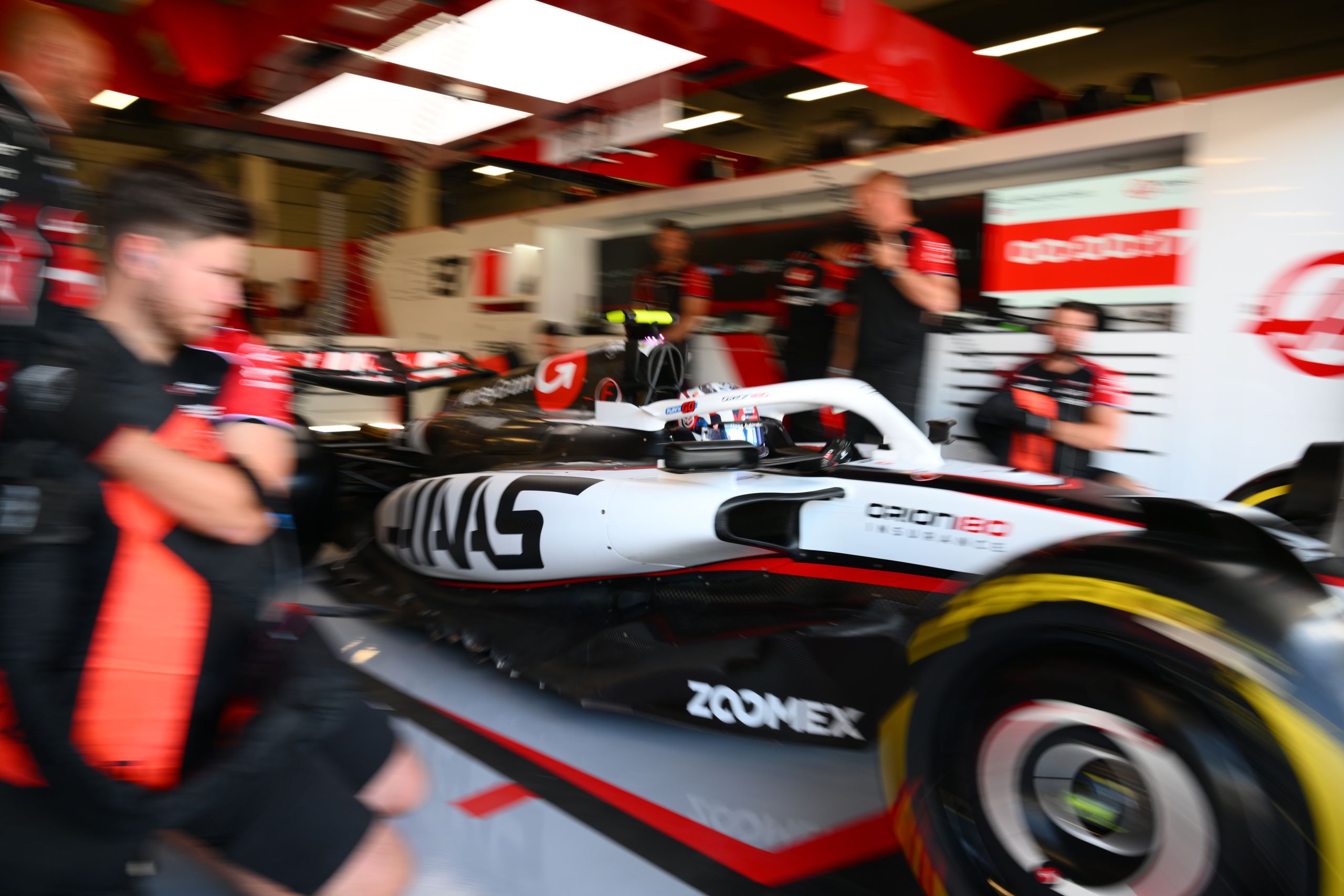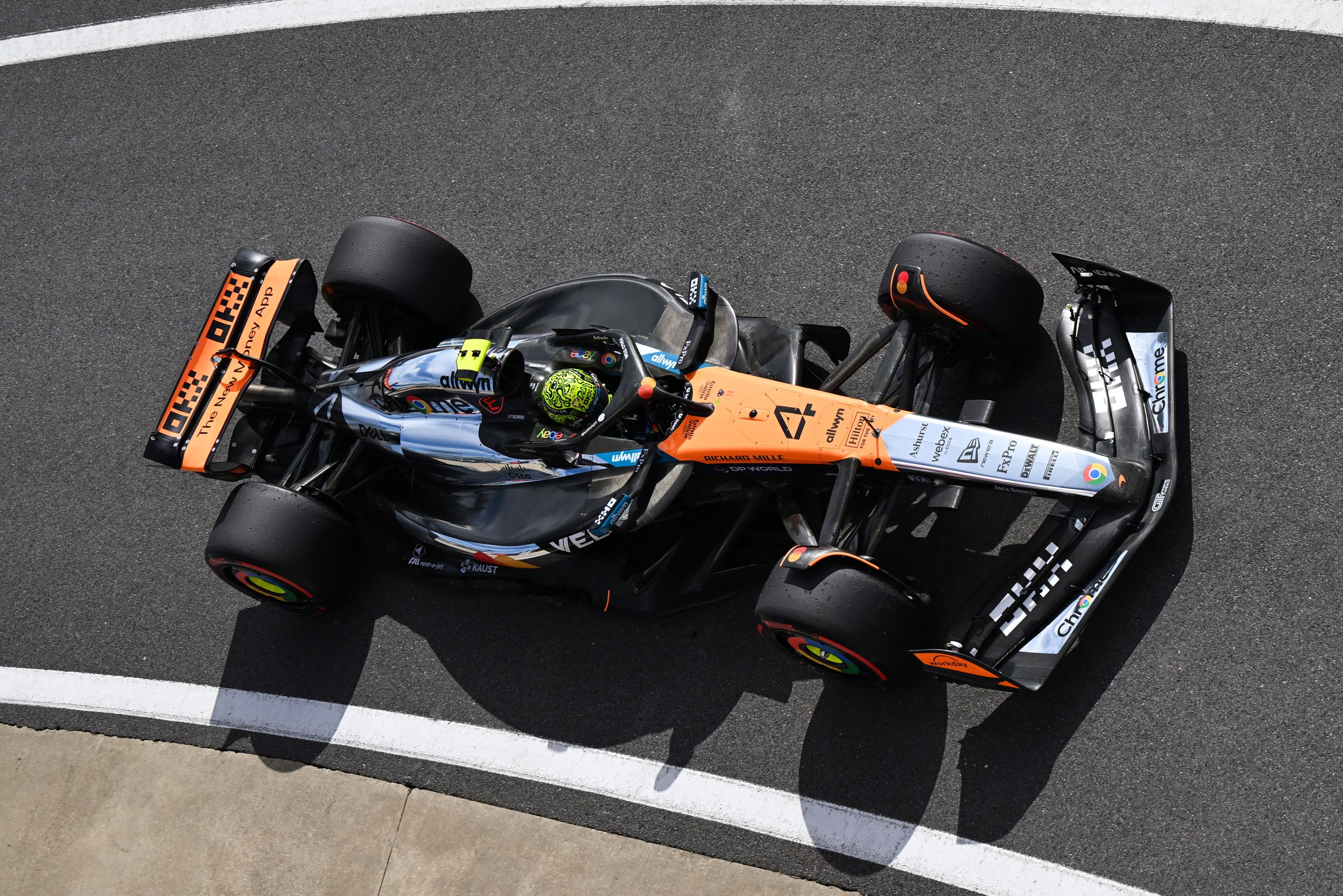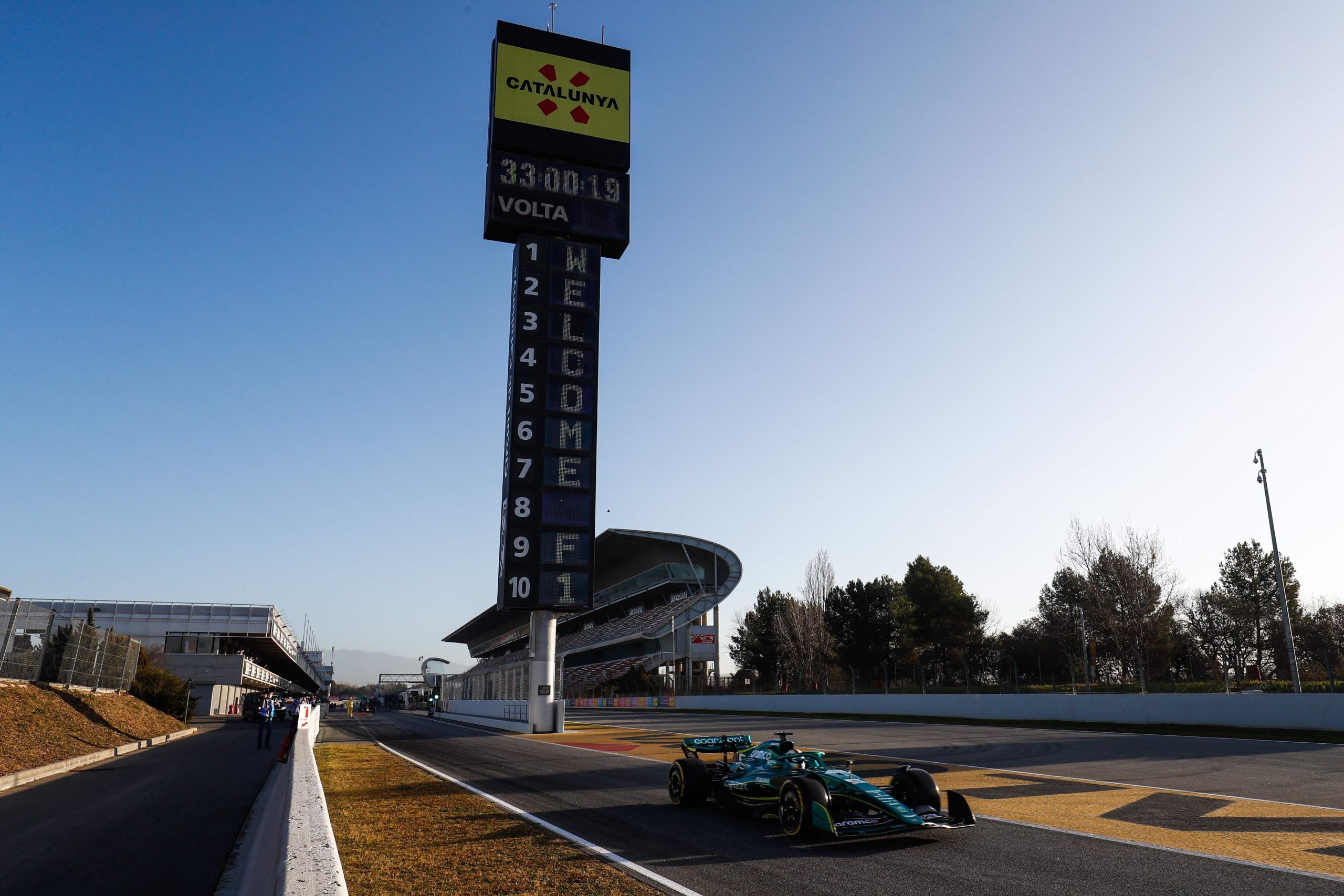Fernando Alonso Missing F1 Of The Past
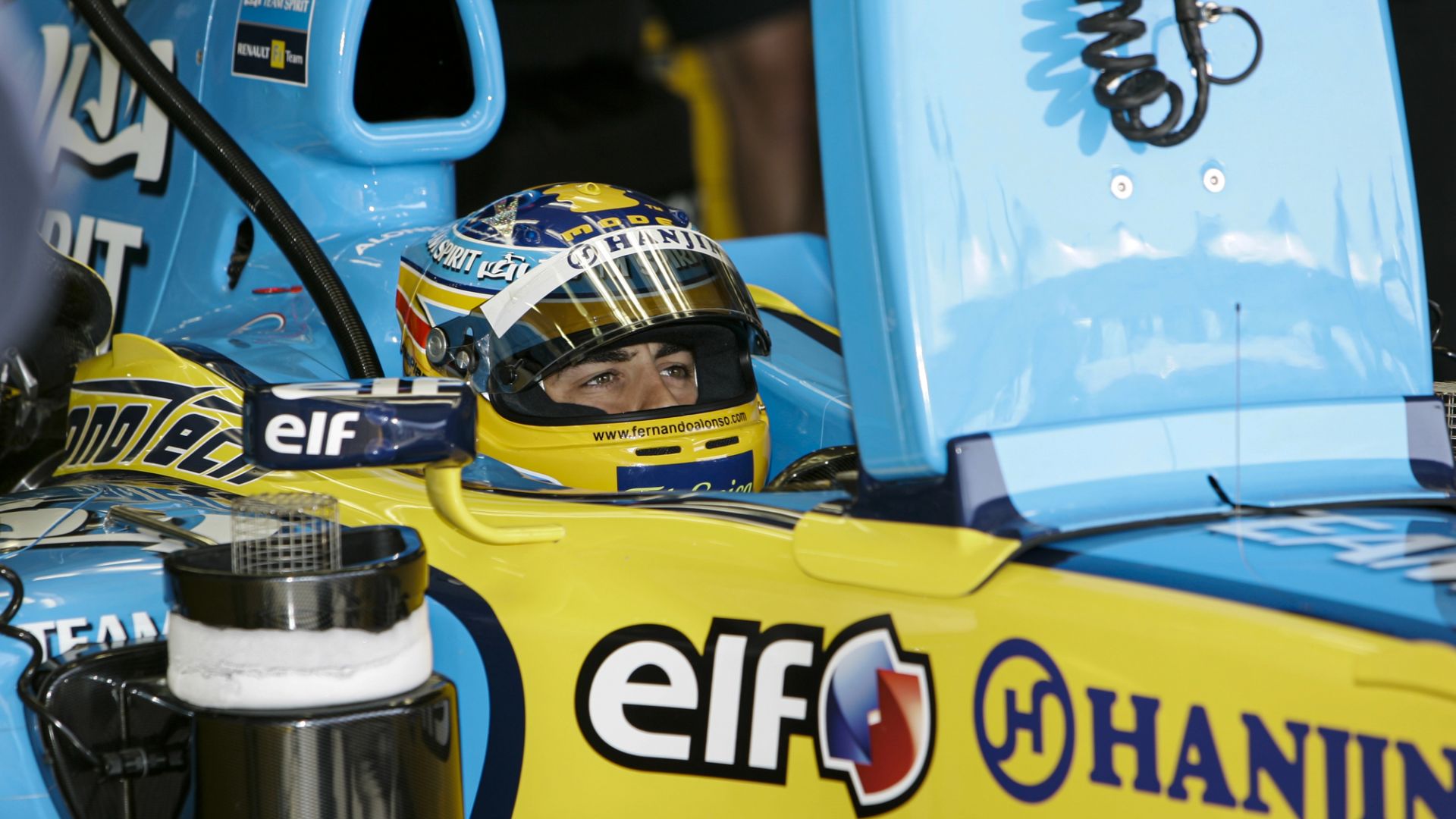
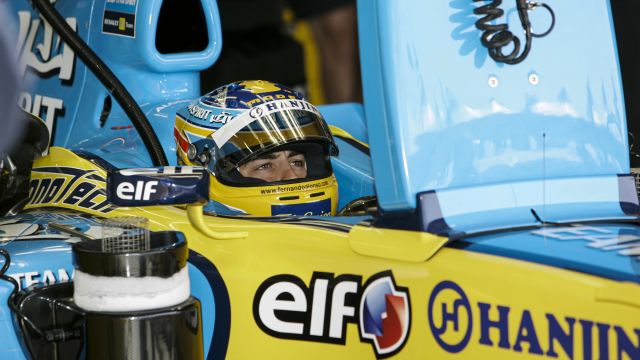
As Fernando Alonso approaches the unprecedented milestone of 400 grands prix, he admits there is plenty he misses about the Formula 1 of the past.
The Spaniard, now 43 and signed up at Aston Martin for 2025 and 2026, debuted all the way back in 2001, when he was still a teenager.
He went on to win two titles and 32 Grand Prix, but most insiders agree that Alonso probably deserved to be more successful.
When asked about his looming 400th race, Alonso said: “I recognise the number, but I would love to do half of the 400 and win more races or one more championship.
“Those are the important statistics I want, but at the same time it shows my love for the sport and the discipline of trying to perform at a very high level for more than 20 years.”
He admits his F1 career has left its mark on his body.
“It’s not good for your back, your neck, your spine, but also the technology in Formula 1 has changed and I think the cars are more driver-friendly now.
“It’s true that these ground effect cars are a bit stiffer, but seats, comfort, safety, equipment, helmets – everything – has been evolving to be a better place for the drivers. And then the pace of the cars on Sundays is very slow compared to the past,” Alonso added.
“When you load it up with fuel, you have to save tyres, save energy, etcetera. The only physically stressful or demanding moment of the weekend now is usually qualifying, which is very short. So it’s not a problem to stay in terms of physical condition, it’s more mentally – the travelling, the events, the pressure.
“That’s probably what affects you the most at the moment.”
Alonso is open about admitting that he preferred the Formula 1 of the past.
When asked what he misses from earlier in his career, he answered: “Refuelling, fast on Sundays, the sound of the engine, big sponsors, grid girls, grid boys – we had it all,” Alonso laughed.
“Now everything revolves around social media and things like that. Before, it was more in the real world. But we’re in a good moment and Formula 1 is very popular all over the world – the teams are now very professional, with a lot of discipline, budget caps. So I think we’re probably in the best moment for Formula 1.
“But it’s true that in the past, especially the pitstops, they gave you a lot of possibilities for strategy – – starting with high fuel loads, low fuel, doing three stops, one stop. Now, between the battery and the fuel load, sometimes in races we are seven seconds slower or something like that at the beginning of the race.
“And that’s a little bit less motivating.”

